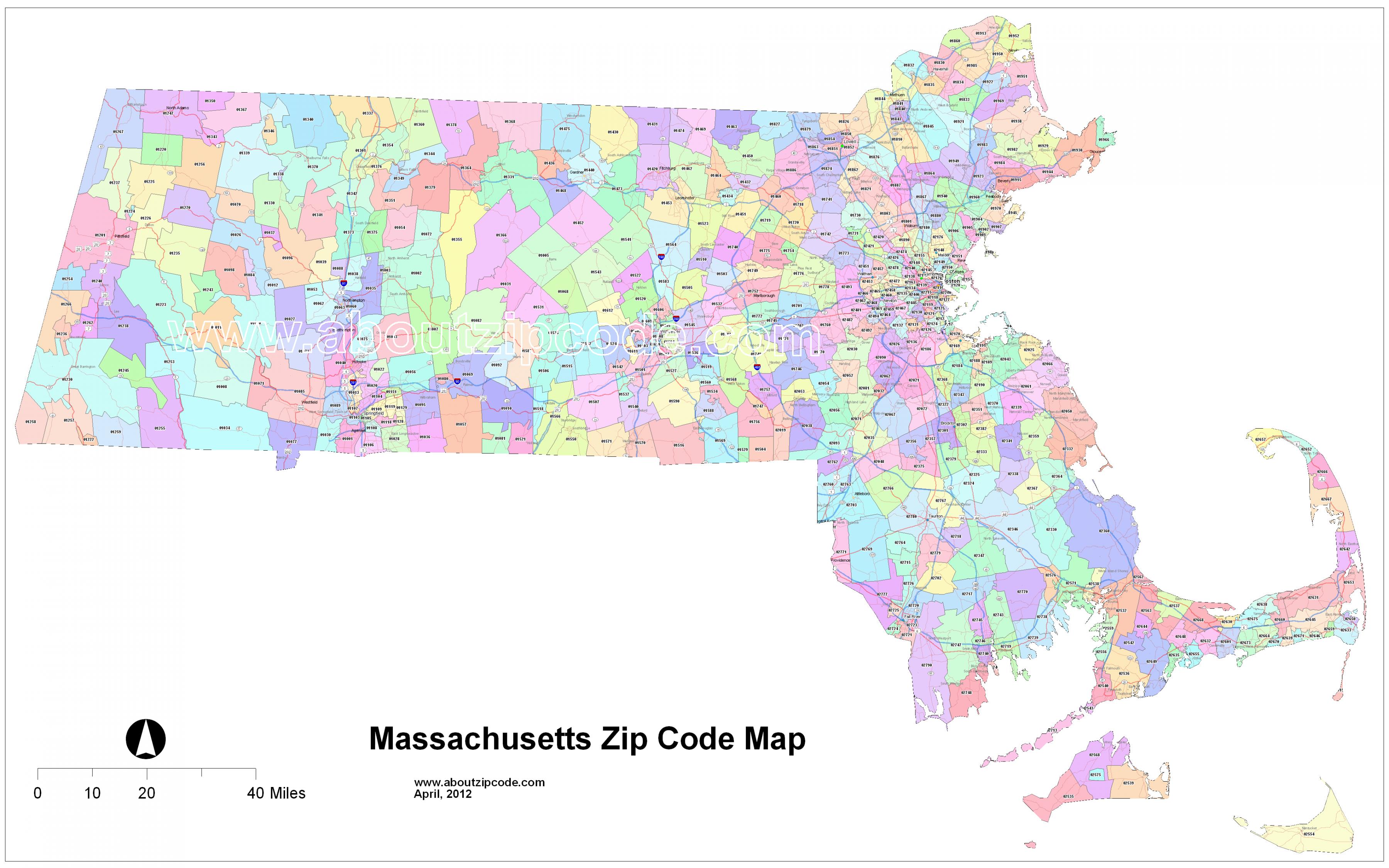Ever wondered what the buzz around Boston code numbers is all about? If you're diving into this topic for the first time, you're in the right place. Boston code numbers have become a hot topic in recent years, and understanding them can open doors to some fascinating insights. Whether you're a tech enthusiast, a history buff, or just someone curious about how numbers shape our world, this article is for you.
So, what exactly is a Boston code number? In simple terms, it refers to a unique set of numerical codes that are tied to various systems, locations, or services within Boston. These numbers play a crucial role in organizing data, streamlining operations, and ensuring efficiency in different sectors. From postal codes to emergency service identifiers, these numbers are everywhere, and they hold more significance than you might think.
Before we dive deeper, let's set the stage. Imagine Boston as a massive puzzle, where each piece is connected by a network of numbers. These codes act as the glue that holds the puzzle together. Whether you're trying to locate a specific address, access emergency services, or understand the city's infrastructure, Boston code numbers are your key to unlocking the mysteries of this vibrant city.
Read also:Juice Wrld Seizure Video The Truth Behind The Headlines
What Are Boston Code Numbers?
Alright, let's break it down. Boston code numbers are essentially a system of numerical identifiers used across various domains in the city. These numbers serve different purposes, depending on the context. For instance, you might encounter them when dealing with zip codes, area codes, or even specific codes assigned to public services. Think of them as the city's DNA, providing structure and organization to its vast network of systems.
Here's a quick rundown of some common types of Boston code numbers:
- ZIP Codes: Used for postal services to ensure accurate delivery of mail.
- Area Codes: Assigned to phone numbers to identify geographic regions.
- Emergency Codes: Used by first responders to quickly identify locations and situations.
- Building Codes: Numbers assigned to buildings for regulatory and safety purposes.
These numbers might seem random at first glance, but they're anything but. Each number is carefully assigned to serve a specific function, making life easier for both residents and visitors alike.
Why Are Boston Code Numbers Important?
Let's talk about why these numbers matter so much. In a city as bustling as Boston, organization is key. Imagine trying to navigate the city without any form of numerical identification. It would be chaos, right? Boston code numbers help streamline processes, reduce confusion, and improve overall efficiency. They're like the invisible threads that keep everything running smoothly.
For example, emergency responders rely heavily on these numbers to locate addresses quickly during critical situations. Without them, response times could be delayed, potentially putting lives at risk. Similarly, businesses depend on these codes for logistics and communication, ensuring smooth operations and customer satisfaction.
Real-Life Impact of Boston Code Numbers
But don't just take my word for it. Let's look at some real-life examples of how Boston code numbers make a difference:
Read also:Tim Cook Husband The Man Behind Apples Ceo
- Postal Services: The ZIP code system ensures that mail is delivered to the correct address, reducing errors and delays.
- Public Safety: Emergency codes enable first responders to pinpoint exact locations, saving valuable time during crises.
- Business Operations: Companies use these numbers for inventory management, customer tracking, and marketing strategies.
As you can see, Boston code numbers aren't just random digits; they're essential tools that keep the city functioning at its best.
History of Boston Code Numbers
Now, let's take a trip back in time. The use of numerical codes in Boston dates back several decades. In the early days, these codes were primarily used for postal and telecommunication purposes. As the city grew, so did the complexity of its coding systems. Over time, new types of codes were introduced to meet the evolving needs of residents and businesses.
One of the most significant developments was the introduction of the ZIP code system in the 1960s. This innovation revolutionized mail delivery, making it faster and more accurate. Since then, Boston has continued to refine its coding systems, adapting to technological advancements and changing urban landscapes.
Evolution of Coding Systems
The evolution of Boston code numbers reflects the city's growth and development over the years. Here's a brief timeline:
- 1960s: Introduction of ZIP codes for postal services.
- 1980s: Expansion of area codes to accommodate growing phone usage.
- 2000s: Implementation of digital codes for smart city initiatives.
Each era brought new challenges and opportunities, shaping the coding systems we know today.
How Boston Code Numbers Work
So, how exactly do these numbers work? Let's break it down step by step. Each code is assigned based on specific criteria, such as geographic location, function, or regulatory requirements. For example, ZIP codes are determined by postal districts, while area codes are based on telephone exchange regions.
When you use a Boston code number, it acts as a key to access relevant information or services. Whether you're entering an address for delivery, dialing a phone number, or reporting an emergency, these codes help direct your request to the appropriate destination.
Behind the Scenes: The Technology Driving Boston Code Numbers
Modern technology plays a crucial role in managing Boston code numbers. Advanced algorithms and databases ensure that these codes are accurate, up-to-date, and easily accessible. Here's how it works:
- Data Management Systems: These systems store and organize code information, making it easy to retrieve when needed.
- Geographic Information Systems (GIS): Used to map and analyze code data based on location.
- Automation Tools: Streamline processes like address verification and code assignment.
Thanks to these technologies, Boston code numbers are more efficient and reliable than ever before.
Common Misconceptions About Boston Code Numbers
Let's address some common myths and misconceptions surrounding Boston code numbers. First off, many people assume that these numbers are randomly generated. Wrong! Each code is carefully assigned based on specific criteria, ensuring accuracy and consistency.
Another misconception is that these numbers are only used by government agencies. While it's true that many codes are tied to public services, they're also widely used by businesses, organizations, and individuals. In fact, you probably interact with Boston code numbers more often than you realize.
Separating Fact from Fiction
Here are a few key facts to help clear up any confusion:
- Codes Are Not Random: Each number is assigned based on specific rules and criteria.
- Wide-Ranging Applications: Boston code numbers are used in various sectors, not just government services.
- Constant Updates: These codes are regularly reviewed and updated to ensure accuracy and relevance.
Now that we've debunked some myths, let's move on to some practical applications.
Practical Uses of Boston Code Numbers
So, how can you make the most of Boston code numbers in your daily life? Here are a few practical tips:
- Address Verification: Double-check ZIP codes when entering shipping addresses to avoid delivery issues.
- Emergency Preparedness: Familiarize yourself with local emergency codes to ensure quick response in critical situations.
- Business Optimization: Use area codes and other identifiers to enhance customer communication and marketing efforts.
By understanding and utilizing these numbers effectively, you can simplify tasks, improve communication, and enhance overall efficiency.
Challenges and Solutions in Managing Boston Code Numbers
Of course, managing a complex system of codes isn't without its challenges. Issues like outdated data, human error, and technological limitations can sometimes arise. However, Boston has implemented several solutions to address these challenges:
- Regular Updates: Code databases are continuously reviewed and updated to ensure accuracy.
- Training Programs: Staff members are trained to use coding systems effectively and efficiently.
- Advanced Technology: Cutting-edge tools and systems are employed to streamline processes and reduce errors.
These measures help ensure that Boston code numbers remain a reliable and effective tool for everyone.
Future Trends in Boston Code Numbers
Looking ahead, what does the future hold for Boston code numbers? With advancements in technology and the rise of smart cities, we can expect even more sophisticated coding systems. Innovations like AI-driven data management and blockchain technology could revolutionize how these numbers are used and managed.
Additionally, as the city continues to grow, new types of codes may be introduced to address emerging needs. Whether it's for environmental monitoring, transportation management, or public health initiatives, Boston code numbers will undoubtedly play a vital role in shaping the city's future.
Embracing Innovation
Here are a few trends to watch out for:
- AI Integration: Artificial intelligence will enhance code management and analysis capabilities.
- Blockchain Security: Blockchain technology could provide enhanced security and transparency for code systems.
- Smart City Initiatives: New codes may be developed to support emerging smart city technologies.
As technology continues to evolve, so too will the ways in which Boston code numbers are used and managed.
Conclusion: Embracing the Power of Boston Code Numbers
And there you have it, folks! Boston code numbers might seem like just a bunch of random digits, but they're so much more than that. They're the backbone of the city's organizational structure, playing a crucial role in everything from postal services to emergency response. By understanding and utilizing these numbers effectively, we can all contribute to a smoother, more efficient Boston experience.
So, the next time you encounter a Boston code number, take a moment to appreciate its significance. And remember, if you have any questions or insights to share, feel free to drop a comment below. Let's keep the conversation going and continue exploring the fascinating world of Boston code numbers together!



